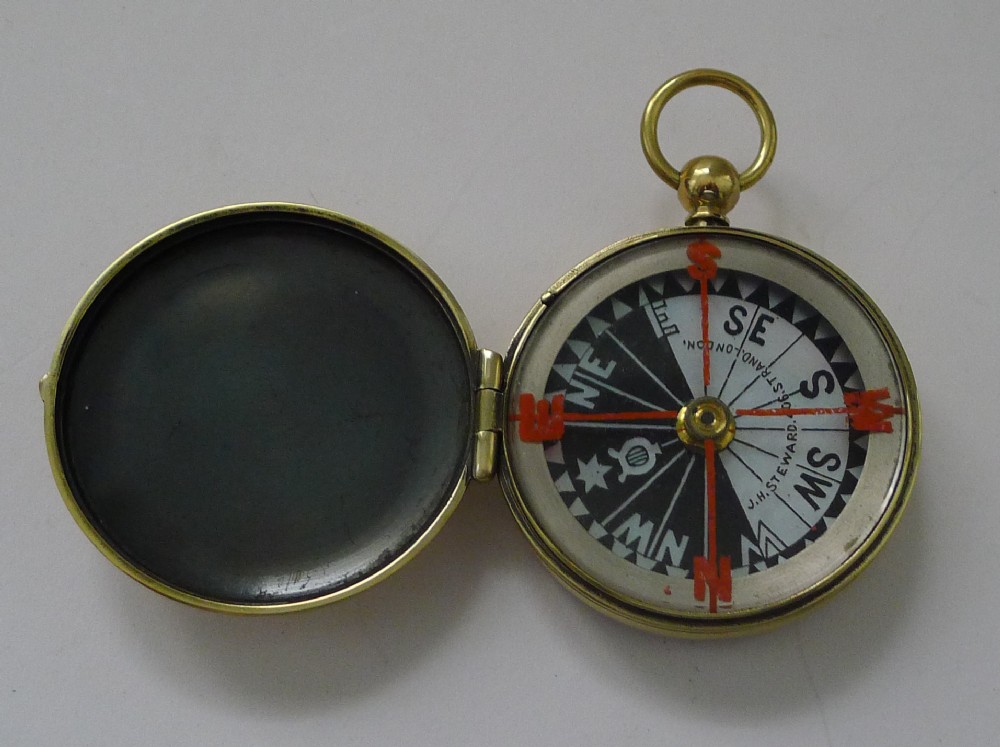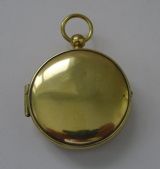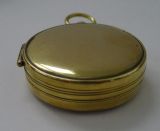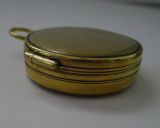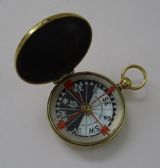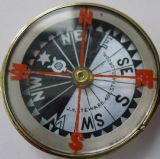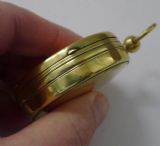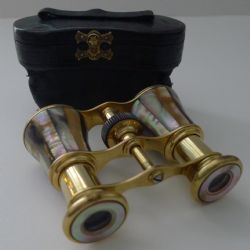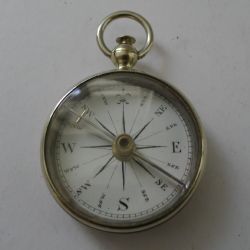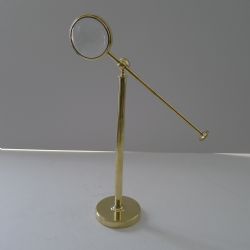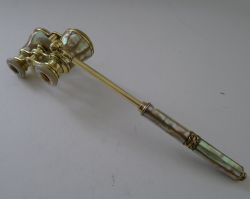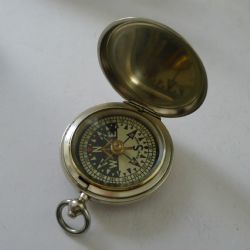J. H. Steward Pocket Military Compass c.1890
Price
SOLDItem Ref
44470
Description
A J. H. Steward Singer's Patent-type Pocket Military Compass, dating from c.1890 - 1910. This compass featured in the 1909 edition of the J. H. Steward catalogue of Military Instruments. The mother-of-pearl compass card is hand painted in the classic Singer's design, and signed by 'J. H. Steward, 406, Strand, London'.It was described in the catalogue as being 'painted half black and half white so as to be visible in twilight'. The compass has the four cardinal points marked in red on the underside of the glass.
In excellent full working order with minor wear commensurate with age and use measuring 3" x 2 1/8" x 3/4".
Item: 44470
FREE Worldwide Registered Airmail Directly From the UK
J. H. Steward Ltd: James Henry Steward (1817-1896) established his business in London in 1852 as a maker and retailer of optical, scientific, military and surveying instruments. J.H. Steward was the head optician of the company and had businesses at 406 Strand, 457 West Strand and 54 Cornhill in London. In the mid 1800s he became the optician to Her Majesty's Government and the National Rifle, and National Artillery Associations. James Henry Steward died in 1896. J. H. Steward Ltd was incorporated in 1912 and continued in business in London until 1973. The main London office was sold in 1971, and from 1971-1973 the company rented premises in Catherine Street. All the remaining stock and long serving staff member George Goble (c.1916-1975) were moved to Catherine Street. The business finally moved to 154a Church Road, Hove, Sussex in 1973, before finally ceasing trading in 1975.
Samuel Berry Singer (1796 - c.1875) was a master mariner from Southampton when he patented his unique compass card design in July 1861. Its high contrast design was intended to be much easier to read in low light than conventional compasses of the time. His design was widely adopted by scientific instrument makers, but Singer himself did not benefit greatly from his invention, the patent lapsed in 1868, and he ended his days living in poverty in Kincardine on the Firth of Forth. Versions of his design continued to be made until the First World War.
FREE Worldwide Shipping Directly From London, England
Internal Ref: 44470
Dimensions
Height = 7.6 cm (3")Width = 5.4 cm (2")
Depth = 1.9 cm (1")
This item is SOLD and is no longer available to purchase.
SEND EMAIL *


